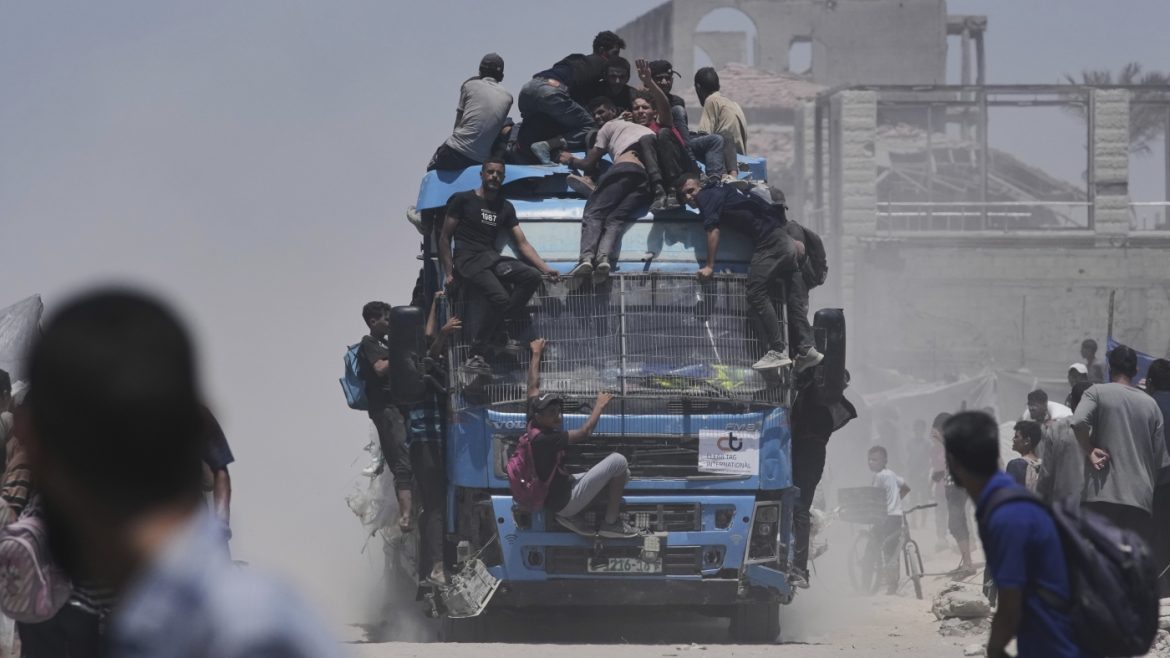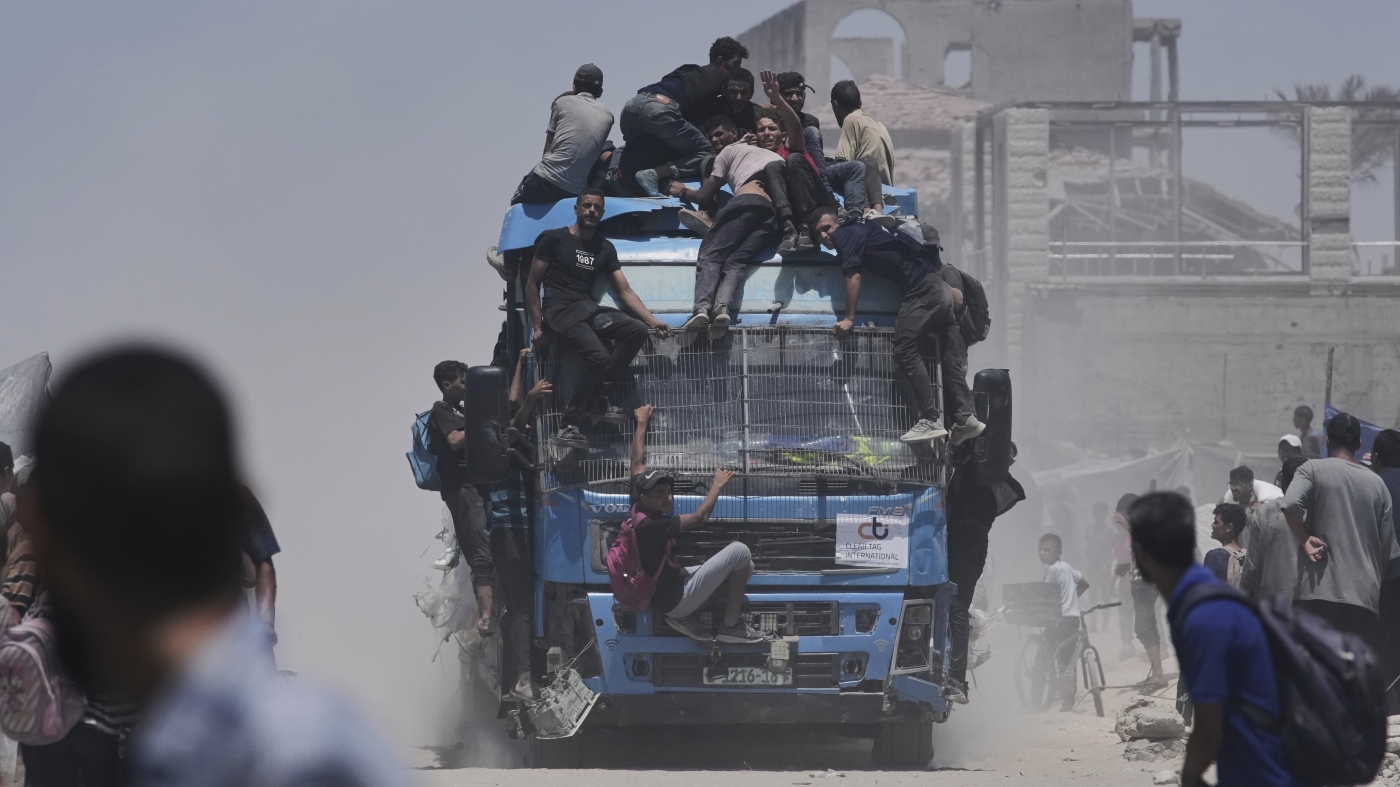The Humanitarian Crisis in Gaza: A Deep Dive into the Killing of Aid Seekers
Introduction: A Crisis of Desperation and Despair
The Gaza Strip, a region already grappling with decades of conflict and blockade, has descended into a humanitarian catastrophe. The ongoing violence has not only claimed the lives of combatants but has also resulted in the tragic deaths of civilians seeking life-saving aid. The United Nations has documented over 1,000 Palestinians killed by Israeli forces since May while attempting to access food and essential supplies. This alarming statistic underscores the dire situation in Gaza, where desperation and vulnerability have become the norm.
The Humanitarian Catastrophe in Gaza
A Region Under Siege
Gaza, a densely populated area of approximately 365 square kilometers, has long been under blockade by Israel and Egypt. This blockade, imposed since 2007, has severely restricted the movement of people and goods, stifling the economy and weakening infrastructure. The current conflict has exacerbated these pre-existing vulnerabilities, disrupting supply chains, destroying critical infrastructure, and displacing hundreds of thousands of people.
The Collapse of Basic Services
The humanitarian crisis in Gaza is multifaceted, with food insecurity, a collapsing healthcare system, and a lack of clean water being the most pressing issues. The United Nations Office for the Coordination of Humanitarian Affairs (OCHA) reports that over 80% of Gaza’s population is now dependent on humanitarian aid. The World Food Programme (WFP) has warned of imminent famine, with malnutrition rates among children reaching alarming levels.
The Desperate Scramble for Aid
The disruption of aid delivery has created a desperate scramble for food and essential supplies. Aid distribution sites have become scenes of chaos, with civilians risking their lives to access basic necessities. The United Nations has documented numerous incidents where Israeli forces have opened fire on aid seekers, resulting in high casualties. These incidents raise serious questions about the rules of engagement and the protection of civilians.
The UN’s Findings: A Thousand Lives Lost
A Disturbing Pattern
The UN human rights office has documented a disturbing pattern of Israeli forces killing Palestinians as they attempt to access aid. The majority of these incidents have occurred near aid distribution sites, including those operated by the Gaza Humanitarian Foundation, an American contractor. The circumstances surrounding these killings suggest a potential failure to distinguish between civilians and combatants.
Key Concerns
The UN’s findings highlight several key concerns:
Contested Narratives and Conflicting Accounts
Differing Perspectives
While the UN has presented compelling evidence of the killings, the Israeli military has offered differing accounts. In some cases, they have claimed that their forces were responding to threats or attacks. In other instances, they have attributed the deaths to stampedes or other accidental causes. These conflicting narratives underscore the need for independent investigations to establish the facts and determine the truth.
The Complexities of Conflict Zones
It is essential to acknowledge the complexities of operating in a conflict zone. Maintaining order and security at aid distribution sites can be challenging, and there is a risk of infiltration by armed groups. However, the use of lethal force must always be proportionate and discriminate, with utmost care taken to avoid harming civilians.
The Legal and Ethical Implications
International Humanitarian Law
The killing of aid seekers raises serious legal and ethical questions under international humanitarian law. This body of law, also known as the law of armed conflict, seeks to minimize human suffering in times of war. Key principles include:
War Crimes and Accountability
The intentional targeting of civilians is a war crime. Even if civilians are not directly targeted, the use of indiscriminate or disproportionate force that results in civilian casualties may also constitute a violation of international law. The international community must demand accountability and ensure that those responsible for these violations are brought to justice.
The Role of the International Community
Demanding Accountability
The international community has a responsibility to protect civilians in armed conflict and to ensure that international humanitarian law is respected. This responsibility includes:
The Way Forward: Towards Protection and Accountability
Strengthening Protection Measures
To prevent future tragedies, it is crucial to implement concrete measures to protect civilians at aid distribution sites. These measures may include:
Independent Investigations
Independent and impartial investigations are essential to establish the facts and determine the truth. These investigations must be conducted in a transparent and thorough manner, with the aim of identifying those responsible for violations of international law and holding them to account.
Promoting Accountability
The international community must support the work of international justice mechanisms, such as the International Criminal Court, to ensure that those who commit war crimes are brought to justice. This includes providing the necessary resources and political support to these mechanisms.
Addressing the Root Causes
Ultimately, the humanitarian crisis in Gaza cannot be separated from the broader political context. The international community must work to address the underlying causes of the conflict, including the long-standing political grievances and the humanitarian crisis in Gaza. This includes supporting a peaceful resolution of the conflict and working to lift the blockade on Gaza.
A Call for Humanity
The killing of aid seekers in Gaza is a stain on our collective conscience. It is a stark reminder of the human cost of conflict and the importance of upholding international law. We must not stand idly by while civilians are killed as they struggle to survive. The international community must act decisively to protect civilians, demand accountability, and work towards a lasting resolution of the conflict. Only then can we hope to prevent future tragedies and build a more just and peaceful future for all.
Beyond the Numbers: Remembering the Human Cost
It is easy to get lost in statistics and lose sight of the human stories behind them. Each of the 1,000+ aid seekers killed in Gaza was an individual with a family, a dream, and a right to life. They were mothers, fathers, sons, and daughters who were simply trying to feed themselves and their loved ones. Their deaths are a profound loss, not only for their families but for all of humanity. We must remember their stories and honor their memory by working to prevent such tragedies from happening again. Their deaths cannot be in vain.


